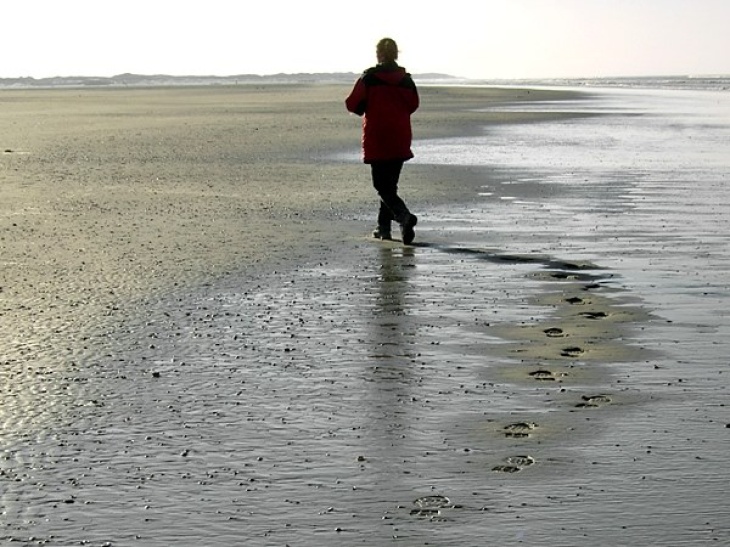Research

(Photo: Ina Frings)
In the department of Human Dimensions of Coastal Areas, the focus of research is on a better understanding of human-nature interactions and the challenges of dealing with coastal zones in times of climate change. The department is characterized by three fields of research: Integrated Coastal Management/Marine Spatial Planning, Utilization and Governance of Marine Resources, and Perception of and Adaptation to Environmental Change in Climate Change. These research fields are investigated using concepts such as complexity theory, social-ecological systems research and ecosystem services. With a special focus on transdisciplinary approaches, various methods of empirical social research are used in cooperation with actors in the coastal region, including surveys, expert interviews, focus group discussions, feedback workshops and driver/response assessments.
Integrated Coastal Management
Research on methods for integrated analysis across disciplines, linking natural and social science information for improved understanding of human-nature interactions in coastal areas. Results can support practical coastal management.
Coastal and Marine Planning & Governance
Research on traditional and new planning approaches, with particular focus on conflicts, long-term trends of use in the sea, planning processes and modes of participation. Policy analysis and stakeholder assessment add to the identification of mechanisms, rules and scales of decision-making that influence changes of use, maritime spatial planning and the implementation of environmental policies.
Human Perceptions of Coastal Change and Risk
Research on values and attitudes, land- and seascape perception, sense of place in coastal communities and risk perception of the coastal population. Different perceptions of risk and future coastal and marine development are highlighted as well as their integration in planning and management.
Complex Systems
The theory of complexity helps to generate better understanding of non-linear, dynamic systems composed of a multitude of agents. Rather than the number of individual system elements, it is the behaviour of a system as a whole that counts. And what is the role of agents in these complex natural and social systems?
The theory of complexity offers new perspectives on system trajectories, uncertainty, emergence and surprise, which can lead to new perspectives and approaches to environmental and hazard management.
Ecosystem Services
Ecosystem services represent the benefits people obtain from ecosystems. Ecological processes and structures are translated into service functions, which can then be linked to constituents of human well-being. The concept highlights the multiple human dependencies on functioning ecosystems and can be used to describe the impact of human activities on ecological and social systems. It also offers opportunities for ascribing value to non-market goods and services.
Quantitative and Qualitative Empirical Surveys
We use quantitative and qualitative empirical methods in assessing the various human dimensions of coastal areas. Household surveys on the natural and social environment yield quantitative results on how people perceive the landscape, the sea and resources. Qualitative interviews with experts and decision-makers provide in-depth understanding of practical management processes and the institutional setting in which they take place.
Dynamic Simulation
Simulation is used as an analytical method to explore and understand dynamic social phenomena. Since simulations can combine human behavioural, spatial and temporal aspects in one model, different processes and their consequences can be analysed. Working with empirical or census data, various “what if” scenarios can be constructed to understand possible development paths and behaviours of complex human-nature systems in the coastal zone. The outcome of such simulations can be used to engender discussions between science, administration, and the public.
Comparative Studies
Comparative studies in different countries, cultures and environments give insight into qualitative changes and coastal development trends, as well as a diverse set of drivers of change.
We work in close cooperation with institutions in North Sea and Baltic Sea countries, as well as North America, China, Taiwan and Caribbean Island States. Apart from active involvement in EU-funded and other international projects, we also collaborate with international networks, in particular LOICZ and ICES.
